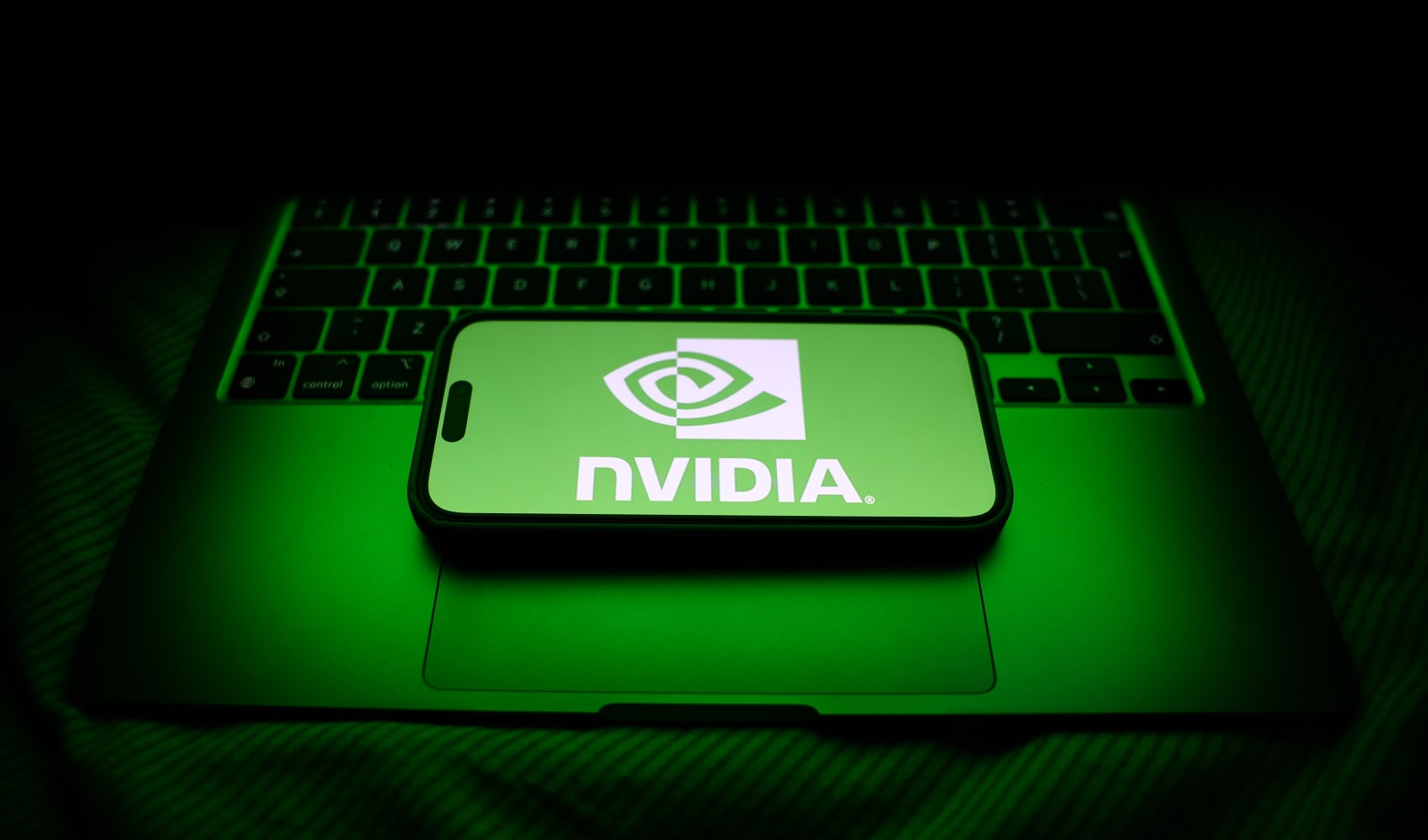Palantir Stock Plunge: International Growth Woes?
Palantir Plunges 12%: Is International Growth the Achilles Heel?
Introduction: A Golden Goose or a Falling Star?
Palantir, the data analytics and AI powerhouse, recently experienced a jarring 12% drop in its stock price. Ouch! This happened despite the company posting strong revenue growth and even raising its full-year guidance. So, what gives? It's a bit like throwing a fantastic party, only to find out no one's really having a good time. Wall Street analysts are pointing fingers at concerns over the company's international growth trajectory. But is this a temporary stumble or a sign of deeper issues? Let's dive in!
What Happened? The Earnings Miss (or Lack Thereof)
Palantir reported impressive revenue growth. In fact, the company even upped its financial forecast for the year. On paper, it looked like a slam dunk. But the market reaction tells a different story. Why the disconnect? Analysts believe the market had set a particularly high bar for Palantir, expecting even more stellar results.
The High Expectations Game
It's no secret that Palantir operates in a high-growth sector, and that’s a double-edged sword. While rapid expansion is expected, even a slight deceleration can trigger alarms. This is precisely what seems to have happened. Investors, accustomed to Palantir's explosive growth, might have interpreted the report as a sign of slowing momentum.
The International Conundrum: Growth Slowdown Abroad
The primary culprit behind the stock dip appears to be concerns surrounding Palantir's international commercial revenue. The growth rate in this sector seems to have cooled, raising questions about the company's ability to replicate its domestic success on a global scale. Think of it like trying to transplant a rose bush from California to Siberia – the conditions are vastly different, and adjustments are needed.
Is International Expansion Really That Important?
Absolutely! International markets represent a massive opportunity for Palantir. Expanding its reach beyond its traditional strongholds is crucial for sustained, long-term growth. A slowdown in this area can significantly impact future revenue projections and investor sentiment.
CEO Alex Karp's Reassurance: "Palantir is on Fire!"
Despite the market's reaction, Palantir CEO Alex Karp remains bullish on the company's prospects. During the earnings call, he declared that "Palantir is on fire!" and expressed his "very optimistic" view of the current situation. He doubled down on his belief in Palantir's potential to dominate its market.
"You Don't Have to Buy Our Shares" - Confidence or Arrogance?
In a CNBC interview, Karp delivered a memorable line: "You don't have to buy our shares." He emphasized Palantir's focus on partnering with top-tier organizations and achieving market dominance, regardless of short-term stock fluctuations. While this displays confidence, some might interpret it as being dismissive of shareholder concerns.
Understanding Palantir's Business Model: More Than Just Software
To truly understand the situation, you need to appreciate what Palantir actually *does*. It's not just selling software; it's providing bespoke data analytics and AI solutions, often to complex, high-stakes organizations in both the public and private sectors.
Government Contracts: A Double-Edged Sword
Palantir has made a name for itself by securing lucrative government contracts. These deals provide a stable revenue stream, but they also come with intense scrutiny and political complexities. Any perceived slowdown or issue within these contracts could spook investors.
Competitor Landscape: The Data Analytics Arena
Palantir isn't operating in a vacuum. It faces competition from established tech giants and emerging startups in the data analytics space. Companies like Snowflake, C3.ai, and even Amazon Web Services offer overlapping services, adding pressure on Palantir to maintain its competitive edge.
Standing Out in a Crowd
How does Palantir differentiate itself? Its strength lies in its ability to handle highly sensitive data and provide customized solutions tailored to specific client needs. This focus on high-value, complex projects is what sets it apart, but it also makes scaling more challenging.
The Macroeconomic Environment: A Headwind for Growth
The current macroeconomic climate is presenting challenges for many companies, including Palantir. Inflation, rising interest rates, and geopolitical uncertainty can all impact business investment and customer spending. These factors may be contributing to the slowdown in international commercial revenue.
Navigating the Economic Storm
Palantir needs to demonstrate its resilience in the face of these economic headwinds. Focusing on efficiency, cost management, and strategic partnerships will be crucial for weathering the storm and emerging stronger on the other side.
Analyst Ratings: A Mixed Bag
Wall Street analysts are divided on Palantir's future prospects. Some maintain a bullish outlook, citing the company's strong technology and long-term growth potential. Others are more cautious, citing concerns about valuation and the sustainability of its growth rate. The overall sentiment is mixed.
Reading Between the Lines
It's important to remember that analyst ratings are just one piece of the puzzle. Do your own research, consider your own investment goals, and don't rely solely on analyst opinions when making investment decisions.
Long-Term Potential: Still a Growth Stock?
Despite the recent stock dip, Palantir still possesses significant long-term potential. The demand for data analytics and AI solutions is only expected to increase in the coming years, and Palantir is well-positioned to capitalize on this trend.
The Future is Data-Driven
As businesses and governments become increasingly reliant on data to make decisions, Palantir's expertise will become even more valuable. If it can effectively navigate the challenges of international expansion and maintain its competitive edge, it could deliver significant returns for investors in the long run.
The Bottom Line: Opportunity or Red Flag?
The 12% stock drop raises legitimate concerns about Palantir's international growth trajectory, but it doesn't necessarily signal a fundamental problem with the company. The stock dip could present a buying opportunity for long-term investors who believe in Palantir's vision and its ability to execute. However, it also serves as a reminder that investing in high-growth stocks comes with inherent risks.
Conclusion: A Moment of Pause, Not a Complete Stop
Palantir's recent stock dip highlights the challenges of maintaining high growth expectations and expanding into international markets. While concerns about decelerating international commercial revenue are valid, CEO Alex Karp remains confident in the company's ability to dominate its market. Whether this dip represents a buying opportunity or a sign of deeper issues remains to be seen, but one thing is certain: Palantir's story is far from over. Keep a close eye on international expansion efforts and competitor landscape to see if the company's vision can remain on track.
Frequently Asked Questions (FAQ)
Why did Palantir stock drop despite positive earnings?
The primary reason is deceleration in international commercial revenue growth. Investors expected continued high growth, and the slowdown triggered concerns about the company's ability to maintain its momentum.
Is Palantir a good long-term investment?
That depends on your risk tolerance and investment goals. Palantir operates in a high-growth sector with significant potential, but it also faces competition and macroeconomic headwinds. Do your research and assess whether it aligns with your portfolio.
What is Palantir's competitive advantage?
Palantir's strength lies in its ability to handle highly sensitive data and provide customized data analytics and AI solutions tailored to specific client needs, particularly in complex and high-stakes environments.
How does the macroeconomic environment affect Palantir?
Inflation, rising interest rates, and geopolitical uncertainty can impact business investment and customer spending, potentially slowing down Palantir's growth and affecting its ability to secure new contracts.
What should I watch for in Palantir's future earnings reports?
Pay close attention to the growth rate of international commercial revenue, the success of its government contracts, and its ability to navigate the competitive landscape and macroeconomic challenges. These will be key indicators of its long-term performance.

